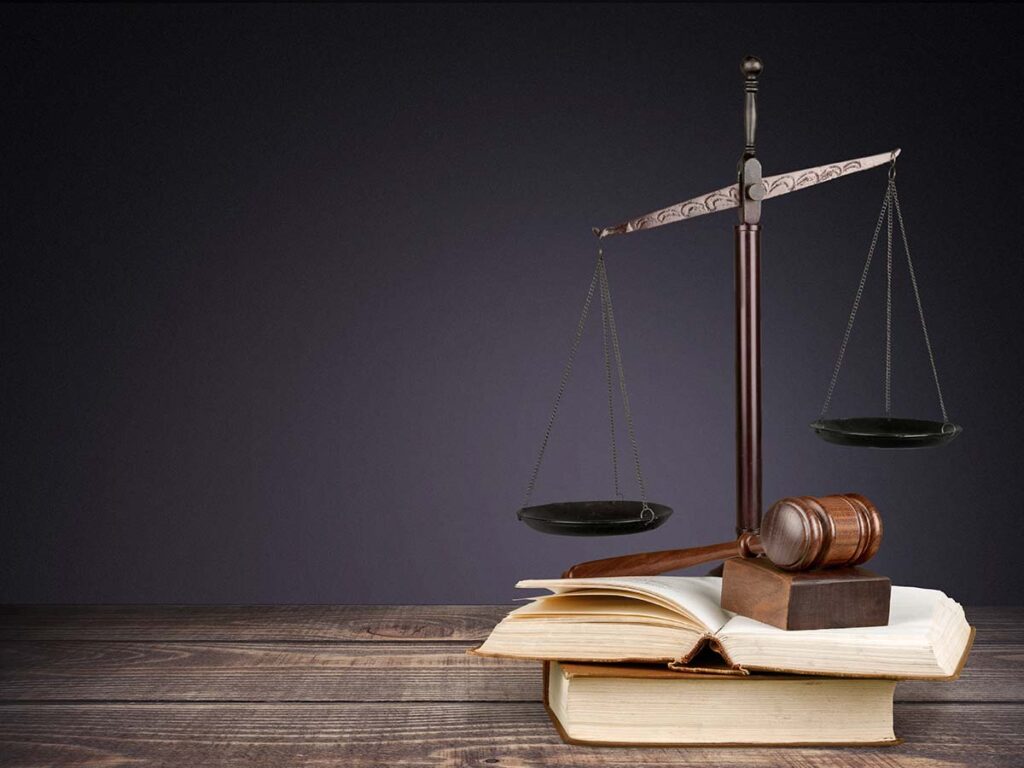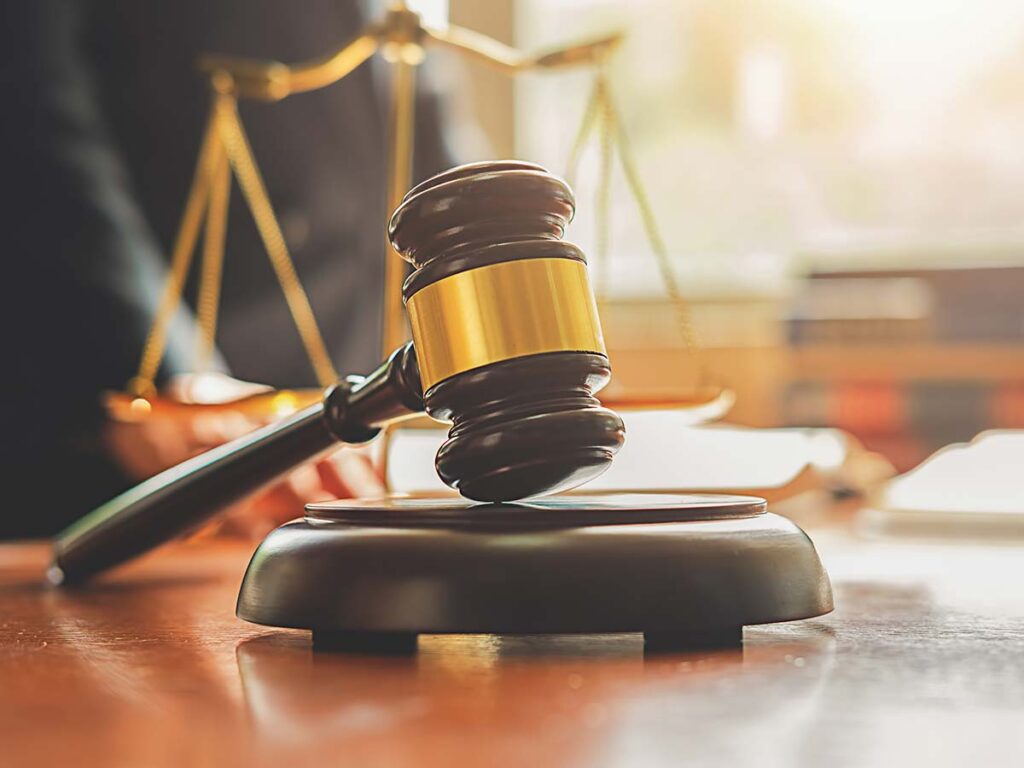Can You Sue for PTSD After an Accident?
Yes, you can sue for PTSD after an accident if you have experienced serious emotional trauma and can support your claim with medical evidence and expert testimony. While most car accident claims focus on physical injuries, many accident victims also suffer from emotional distress, including post-traumatic stress disorder. This condition can significantly impact everyday life, making it difficult to work, maintain relationships, or return to normal activities.
New York personal injury law allows for emotional distress claims as part of a broader personal injury lawsuit. If you are experiencing PTSD symptoms following an accident, you may be entitled to compensation for both the emotional and financial toll it has taken on your life.

Understanding PTSD After a Car Accident
What is PTSD?
Post-traumatic stress disorder is a psychological condition triggered by a traumatic event. In the context of a car accident, PTSD may develop after experiencing a severe collision, witnessing serious injuries, or narrowly avoiding death. Although many people recover emotionally over time, some suffer lasting effects that disrupt their mental health and overall recovery process.
Common PTSD symptoms include:
- Flashbacks or nightmares related to the accident
- Heightened anxiety, especially when driving or riding in a vehicle
- Depression, irritability, or emotional numbness
- Avoidance of reminders of the traumatic event
- Trouble sleeping or concentrating
- Persistent fear or panic
These symptoms can vary in intensity and duration. In some cases, PTSD symptoms begin shortly after the accident; in others, they may appear weeks or even months later.
Filing a Personal Injury Claim for PTSD
Legal Basis for a PTSD Claim
You can include PTSD as part of a personal injury claim if the emotional distress resulted from the accident and can be tied to the event through medical and psychological evidence. Most PTSD claims are categorized under non-economic damages, which account for pain, suffering, emotional trauma, and mental anguish rather than direct financial losses.
To build a strong emotional distress claim, your personal injury lawyer must demonstrate:
- The accident caused significant emotional distress
- A mental health professional diagnosed PTSD
- PTSD symptoms have negatively affected your daily life
- Medical records, therapy notes, or expert witness testimony support the diagnosis
The Role of Medical and Psychological Evidence
When pursuing compensation for PTSD, it’s important to provide evidence that supports the severity of your condition. This may include:
- A diagnosis of post-traumatic stress from a licensed mental health provider
- Documentation of therapy or other forms of mental health treatment
- Medical records showing related symptoms, such as anxiety, depression, or panic attacks
- Testimony from a medical professional or expert witness
- Statements from family members or close friends about changes in your behavior and quality of life
Without this evidence, insurance adjusters or defense attorneys may argue that your emotional injuries are exaggerated or unrelated to the accident.
Common Challenges in PTSD Claims
PTSD claims can be difficult to prove, especially when physical injuries are minimal or when the accident did not result in clear visible trauma. Insurance companies often try to minimize emotional distress claims by suggesting that the injured party is exaggerating their suffering. They may also offer low settlement amounts that fail to account for long-term mental health needs.
Additionally, many accident victims may not seek mental health treatment immediately, which can weaken their case. The longer you wait to get help from a mental health professional, the more difficult it may be to connect your symptoms directly to the accident.

Compensation You Can Recover
If your claim is successful, you may be entitled to compensation for:
- Emotional distress and suffering
- Medical expenses related to mental health treatment
- Lost wages due to an inability to work
- Reduced earning capacity
- Impact on relationships and social functioning
- Decreased quality of life
A jury verdict or negotiated settlement may include compensation for both economic and non-economic damages, depending on the extent of your injuries and the evidence provided.
Learn more about suing for PTSD after an accident. Call Greenstein & Pittari, LLP at (800) 842-8462 to schedule your free, no-obligation consultation. You can also reach us anytime through our contact page. Let us help you take the first step toward justice and recovery.
FAQs: Can You Sue for PTSD After an Accident?
Q1: Can I sue for PTSD without physical injuries?
Yes. While many PTSD cases involve physical injuries, it is possible to pursue an emotional distress claim based solely on psychological trauma, especially if the accident was life-threatening or deeply disturbing.
Q2: What kind of evidence do I need to support my PTSD claim?
You’ll need a PTSD diagnosis from a mental health provider, records of treatment, and possibly expert testimony. Statements from friends or family can also help show how your life has changed since the accident.
Q3: Will the insurance company cover PTSD treatment?
It depends on your policy and the specifics of your case. Some insurers may cover therapy or counseling under personal injury protection, but others may challenge PTSD-related expenses unless well-documented.
Q4: How much compensation can I receive for PTSD?
Compensation varies depending on the severity of your symptoms, the length of your treatment, and how the condition has impacted your daily life. Settlements often include both medical expenses and compensation for pain and suffering.
Q5: How can a lawyer help with my PTSD claim?
A personal injury lawyer can gather evidence, consult expert witnesses, deal with the insurance company, and file a personal injury lawsuit if necessary to ensure you are fairly compensated for your emotional trauma.
